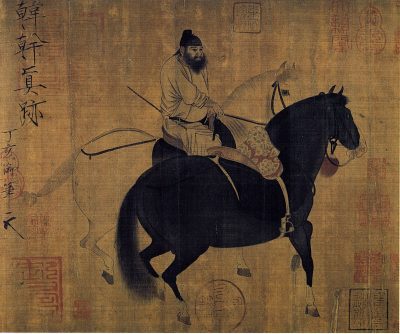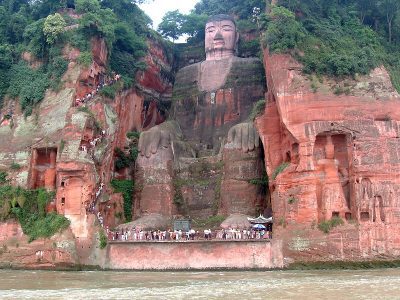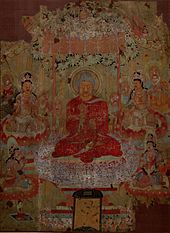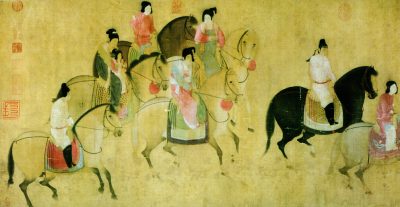Poetry of ancient Japan enriched by the Middle Kingdom
Lee Jay Walker
Modern Tokyo Times

The eighth-century Japanese scholar and poet Abe no Nakamaro (698-770) belongs to the cultural world that was inspired by the Middle Kingdom (China). From a very young age, he showed exemplary skills suited to the world of academia. In this period of history in Northeast Asia – and further afield – the power and influence of China flowed naturally. Hence, Korea, Japan, Vietnam (Mekong Delta), and other countries, felt the impact of culture emanating from the Middle Kingdom in this period of history.
Not surprisingly, his high intelligence and rich family background meant that Nakamaro was primed for serving a mission from Japan to the Tang Dynasty. Other powerful individuals from Japan, who blessed the high culture of this nation, including Genbo and Kibi no Makibi, also visited the world of the Middle Kingdom. However, for Nakamaro, he would never see his homeland again because of several factors.

The convulsions of the An Lushan Rebellion and several ships sinking meant that the land of the rising sun would remain nothing more than a distant memory. Thus, his remaining time on this earth was firmly attached to different areas of the Tang Dynasty. This includes an area that now belongs to Vietnam.
Of course, like all individuals who fail to return to their homeland despite trying, Nakamaro lamented about his situation despite highly respecting the Middle Kingdom. Equally, Nakamaro knew he was blessed to further his knowledge and wisdom in the Middle Kingdom. Despite this, his hope to see Nara once more and speak his native tongue pained this man of culture.

Nakamaro wrote when a teenager:
WHILE gazing up into the sky,
My thoughts have wandered far;
Methinks I see the rising moon
Above Mount Mikasa
At far-off Kasuga.
In the knowledge that he would never see Japan again, he wrote another poem that flows naturally with the one above. However, this time his poem became a lament because he knew that he would never see Mount Mikasa again.

He wrote:
When I look up into the vast sky tonight,
is it the same moon I saw rising
from behind Mt. Mikasa at Kasuga Shrine
all those years ago?

Overall, the Tang Dynasty enriched Nakamaro because he met many notable poets from the Middle Kingdom. These Chinese poets – and the holy places he visited – meant a new cultural and philosophical world opened up to him. Hence, he was blessed to know Li Bai, Chu Guangxi, Zhao Hua, Wang Wei, Bao Xin, and others of high esteem.
http://www.sacred-texts.com/shi/hvj/hvj008.htm
Translation by William N. Porter, [1909]

PLEASE DONATE TO HELP MODERN TOKYO TIMES
Modern Tokyo News is part of the Modern Tokyo Times group
DONATIONS to SUPPORT MODERN TOKYO TIMES – please pay PayPal and DONATE to sawakoart@gmail.com
http://moderntokyotimes.com Modern Tokyo Times – International News and Japan News
http://sawakoart.com – Sawako Utsumi personal website and Modern Tokyo Times artist
https://moderntokyonews.com Modern Tokyo News – Tokyo News and International News
PLEASE JOIN ON TWITTER
https://twitter.com/MTT_News Modern Tokyo Times
PLEASE JOIN ON FACEBOOK